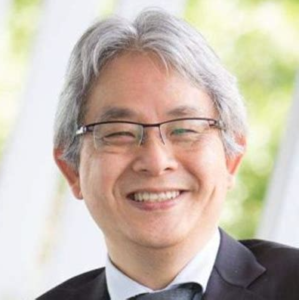Transparency and accountability in executive pay take center stage following DBS service outages.
SINGAPORE: NUS Business School Professor of Accounting Mak Yuen Teen has called for greater oversight and transparency regarding senior management salaries, particularly following the recent disclosure of DBS CEO Piyush Gupta’s S$4.14 million pay cut due to last year’s service outages.
In a commentary published on Wednesday (Feb 14) by CNA, Prof Mak, a corporate governance specialist, emphasized the need for remuneration policies to undergo scrutiny by an independent committee. “If the remuneration committee and the board approve a policy that drives the wrong behaviour, then they should bear some responsibility,” he wrote.
DBS announced the pay cut after significant disruptions to its digital banking services caused inconvenience for many customers. As part of its response, the bank issued a public apology and committed an additional S$80 million to enhance system resilience.
The Numbers Behind DBS CEO’s Pay
Despite the reduction in variable pay, Mr. Gupta earned S$15.4 million in 2022, making him the highest-paid bank CEO in the Asia Pacific region. Prof Mak estimated that Mr. Gupta likely took home S$11.26 million in 2023, with precise figures to be disclosed in DBS’s forthcoming annual report.
Reflecting on Mr. Gupta’s remuneration history, Prof Mak noted that his pay had been increasing steadily since 2019. In 2021, despite a two-day service disruption in November, his remuneration rose to S$13.6 million—nearly 50% higher than in 2020. The disruptions were not referenced in DBS’s annual report that year, which instead commended Mr. Gupta for leading the bank to its “best year ever.”
Comparing Global Practices
Prof Mak highlighted differences in executive pay between Singaporean and Australian banks. Australian bank CEOs, he noted, consistently receive less compensation than their Singaporean counterparts and face stricter accountability measures. In cases where significant issues arose, some Australian, Canadian, and Japanese CEOs lost their positions.
The professor stressed that Singapore could learn from Australia’s Royal Commission findings on banking misconduct. He outlined three key lessons:
Balanced scorecards used to measure performance may not be achieving their intended objectives.
Remuneration policies should be thoroughly reviewed at all levels and across functions.
The interconnection between culture, governance, and remuneration plays a critical role in driving misconduct and must be addressed.
Aligning Remuneration with Accountability
“Given the significant reliance of our local banks on variable pay to reward their senior management, they need to ensure that their remuneration policies drive the right behaviour,” Prof Mak wrote.
His commentary underscores the importance of holding senior executives accountable, ensuring that compensation frameworks align with both corporate objectives and public expectations.








